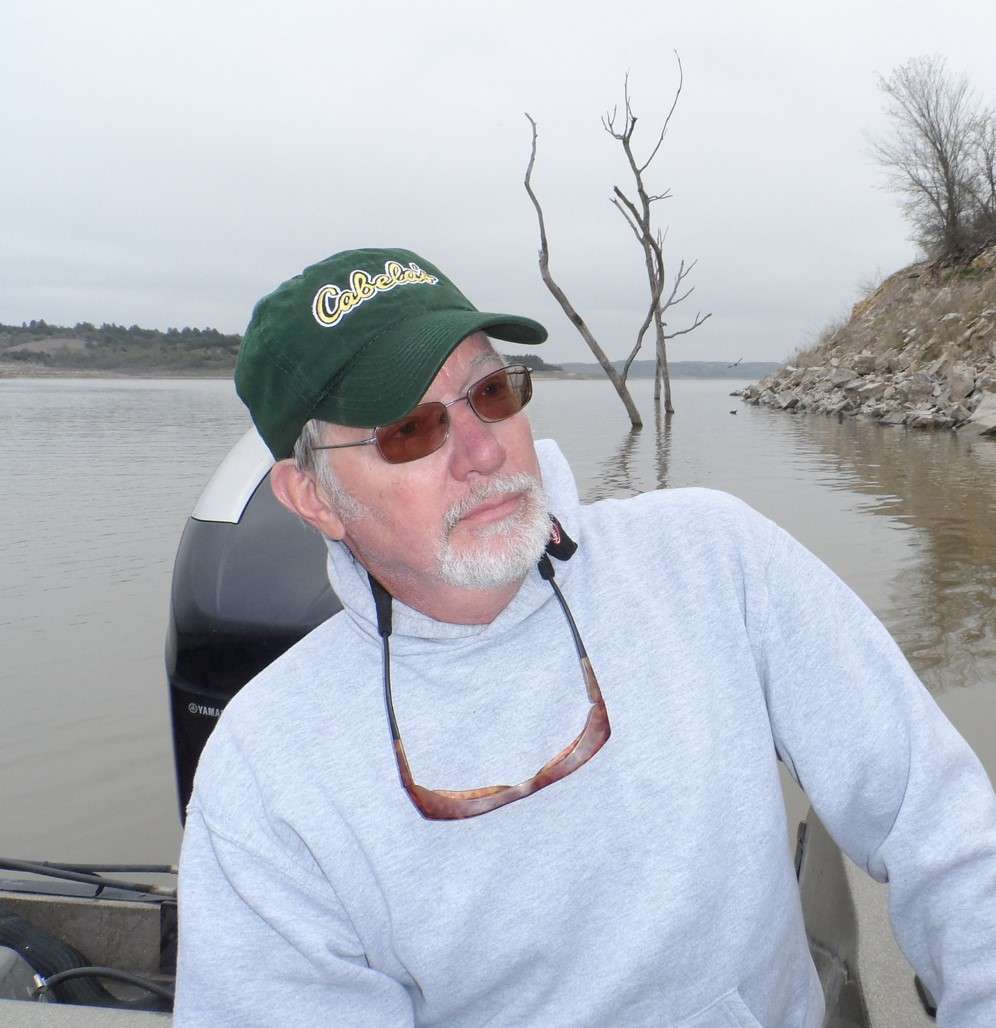Have you ever stepped into the water on the first fishing trip of the spring only to find your waders leaked? Or lost a nice fish because the line on your reel was old and snapped? Or even found while trying to make the first cast of the year that your reel wouldn’t work at all? All of the above are scenarios that can easily be avoided with a little prior planning. So here are a few tips to help make you ready for action when your buddy calls and screams into the phone “The fish are bitin’!”
Check your gear early. We all lose tackle each year to rocks and “stick fish,” so go through your tackle box, make a list and stock up. Check your waders for leaks. If they didn’t leak the last time you took them off, they probably won’t leak now, but be sure; it’s better than an unexpected boot full of cold water.
Line on fishing reels should be changed every few years; the more often you use it the more often it should be changed. You can buy spools of line and DIY, or most sporting goods stores have a machine to do it for a small fee. If you fish from a boat, hopefully you’ve gone over it by now to make sure the batteries are good, the motor starts and runs well and the trailer tires aren’t flat. Also be certain to have life preservers on board for every passenger, because if stopped by wildlife and parks on the water or at the dock, they will check that. If you hate wearing life jackets while fishing like most of us do, look into some of the new technology that now allows life jackets to be much smaller, thinner and less obstructing.
We were just leaving town the other day when my wife snapped her fingers in the air and stated “Darn, I forgot to get my new fishing license.” That excuse won’t fly with a game warden if you get checked only to discover your fishing (or hunting) license has expired, so be sure yours is up-to-date. If you are 65, you can purchase a lifetime combination hunting / fishing license for only $42.50 that’s good until you turn 74 and no longer need a license; it’s the deal of the century! Have you ever bought your hunting license late in the season, and grumbled about it only being good for a short time until New Year’s Eve? Well grumble no more as that now has changed. Now all annual licenses (NOT special permits like deer and turkey tags and fur harvester’s permits) are valid for 365 days from the time you purchase them. So, for example, if you buy a hunting license just in time for the November pheasant opener, that license will be good until that date the following year. And to take convenience one step further, if you purchase licenses online, you can now sign up for a feature called “auto renew” that will send you a notice a few weeks before your new license is due each year, then automatically renew it and charge it to a credit or debit card.
Along with possessing the proper licenses and permits, comes knowledge of all Kansas fishing rules and regulations. Some regulations are statewide and apply to every cubic inch of Kansas water, whether lake, river, stream or reservoir. Some lakes and reservoirs however have length limits, etc that are unique to that water. That’s why every Kansas fisherman’s tackle box should contain a copy of the 2022 Kansas Fishing regulations Summary, a 48 page pamphlet that lists all that information for all Kansas lakes, reservoirs, state fishing lakes and community fishing lakes, so you should never get “caught” with your hook bare, so to speak. These should be available everywhere tackle and licenses are sold.
If you’re like me, and not a died-in-the-wool fisherman, it’s handy to know what lakes and reservoirs are best for what fish species. Another handy booklet no Kansas fisherman should be without is the 2022 Fishing Forecast. This forecast is assembled by Kansas fisheries biologists using data gathered when they sample lakes in each of their jurisdictions. For each fish species, it rates lakes, reservoirs, state fishing lakes and community fishing lakes for largest fish and largest fish populations. These forecasts are available at all Kansas Dept of Wildlife, Parks and Tourism offices and to download online from the website at www.ksoutdoors.com. So instead of helping put the “pro” in procrastinate, take care of business by getting your fishing stuff in order, making certain your license is up-to-date, arm yourselves with all the available information readily available about Kansas fishing regulations and opportunities, and take someone along who’s new to fishing as you continue to Explore Kansas Outdoors!
Steve can be contacted by email at stevenrgilliland@gmail.com.





